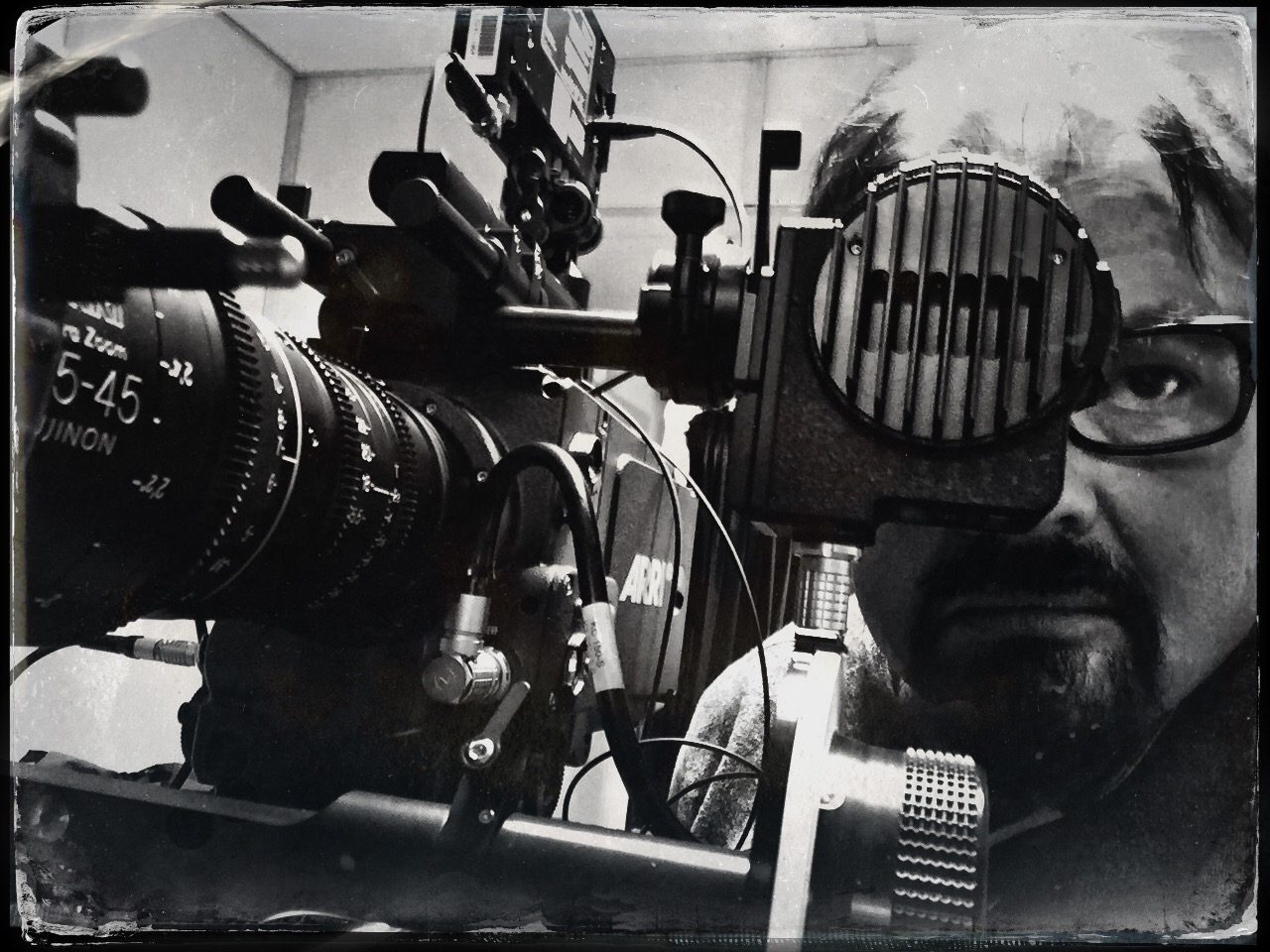 Introduction: Thesis
Introduction: Thesis
In cinema, memory occupies a central role as a thematic and narrative device, profoundly influencing the viewer’s understanding and emotional engagement with the film. Memory in film is not confined to a mere reflection of the past; rather, it assumes a dynamic role, shaping the characters, their relationships, and the overall narrative structure. This thesis aims to delve into the multifaceted conceptualisation of memory in film, focusing on key elements such as flashbacks, prosthetic memory, brainwashing, collective memory, cultural memory, and experimental film practice.
Flashbacks, as a prominent technique in filmmaking, offer a powerful tool for conveying characters’ past experiences, creating a temporal bridge between past and present. These narrative devices enable filmmakers to explore the intricacies of memory, representing subjective recollections and highlighting their influence on character development.
Prosthetic memory examines how external objects or technologies serve as extensions of human memory, blurring the boundaries between personal and artificial recollections. Films often employ such devices, ranging from photographs and diaries to digital recordings and virtual reality simulations, to delve into the complexities of memory and its fragile nature.
Brainwashing in film reveals the dark side of memory manipulation, illustrating how individuals or societies can be subjected to intentional alteration or erasure of their memories. These cinematic portrayals provide a platform to analyze the ethical implications and psychological consequences of memory control.
Collective memory and cultural memory in film uncover the collective consciousness of a community or nation, showcasing how shared memories shape identity, history, and the understanding of the present. Cinema becomes a potent medium for examining the collective past and fostering a dialogue about cultural heritage and its preservation.
Lastly, this thesis explores experimental film practice, which challenges traditional cinematic conventions and perception of time. Experimental filmmakers employ innovative techniques to disrupt linear narratives and evoke a visceral response from the viewer, often blurring the boundaries between memory and imagination.
By examining these elements, this thesis intends to shed light on the intricate relationship between memory and film, exploring how these concepts intertwine to create compelling narratives, foster emotional connections, and provoke profound reflections on the nature of human memory and its representation in cinema.


